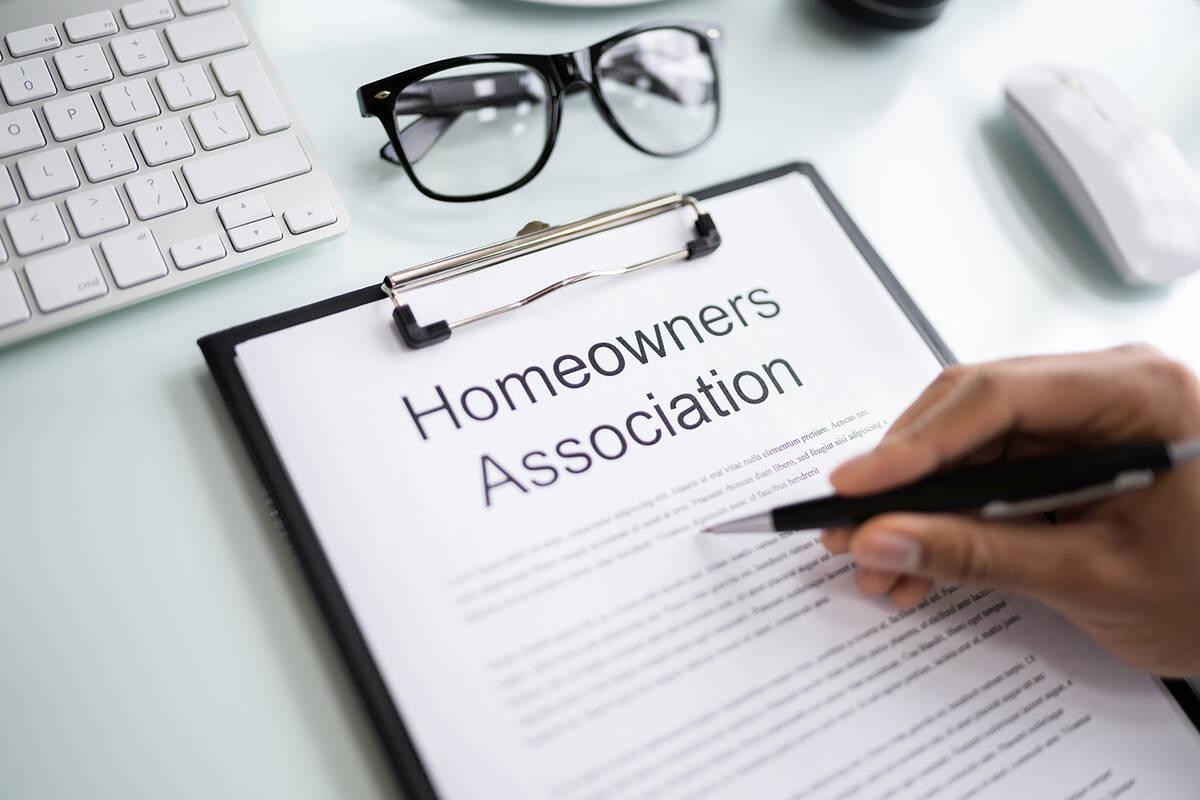Frequent condo false fire alarm sets off neighbors
Q: What can be done about a fire alarm going off in one of our association’s attached patio homes for the past several weeks? The home is not occupied at this time as the owner became ill and her family took her to Arizona. We have no way to contact the family. The police have been there several times doing wellness checks but claim they cannot do anything about the alarm. Our homeowners association and fire department also say they have no jurisdiction to go into the home to shut off the alarm.
Any advice would be greatly appreciated. Thank you.
A: If you can find the name of the alarm company for that house, you could contact them and ask for assistance. They most likely can disconnect the alarm.
Q: I’ve read many of your articles and opinions. (Love them btw.) An article written from back in 2019 noted that an HOA is only able to foreclose on a property for fine violations that specifically relate to health and safety issues. (And, obviously, for nonpayment of assessments. )
I’m interested in the specifics that relate to fines and the ability to foreclose.
In reading through the Nevada Revised Statutes 116-, I haven’t been able to identify the specific law that states such.
Can you kindly provide me with the section of the statute(s) that address these particular circumstances?
Thank you in advance for your time and consideration.
A: The foreclosure laws begin with NRS 116.3116 to NRS 116.31168. NRS 116.31031 addresses the violation/fine procedures. NRS 310.310312 addresses foreclosure procedures pertaining to maintenance issues. NRS 116.310313 defines reasonable charges to collect any past due obligation.
Hope this helps.
Q: I have read your columns for many years here in Las Vegas. We have now reached a point in our community that is affecting every homeowner.
Our covenants, conditions and restrictions clearly outline the HOA is responsible for paying water, sewer, trash every month. The board of directors has refused to pay water reclamation for sewer since July. The current management company says the CC&Rs were never amended to remove HOA responsibility for sewer service, and there is no need to do this.
The previous management company conceded that the HOA is responsible but took no action.
The bill for sewer now comes directly to each homeowner as directed by the board. This issue was never brought up for a communitywide owner vote; rather the board felt by sending each homeowner a letter stating they will now be responsible (for the bill) is sufficient. I beg to differ. Any advice?
A: If the responsibility of the sewer payment was in the CC&Rs, the board would have needed to amend the CCRs by the vote of the owners. Because this was not done and owners are receiving sewer bills, the association should credit the sewer fees against the homeowners’ assessments. You may want to file a formal complaint with the Nevada Real Estate Division to investigate the change in sewer payments.
Barbara Holland is an author and educator on real estate management. Questions may be sent to holland744o@gmail.com.















